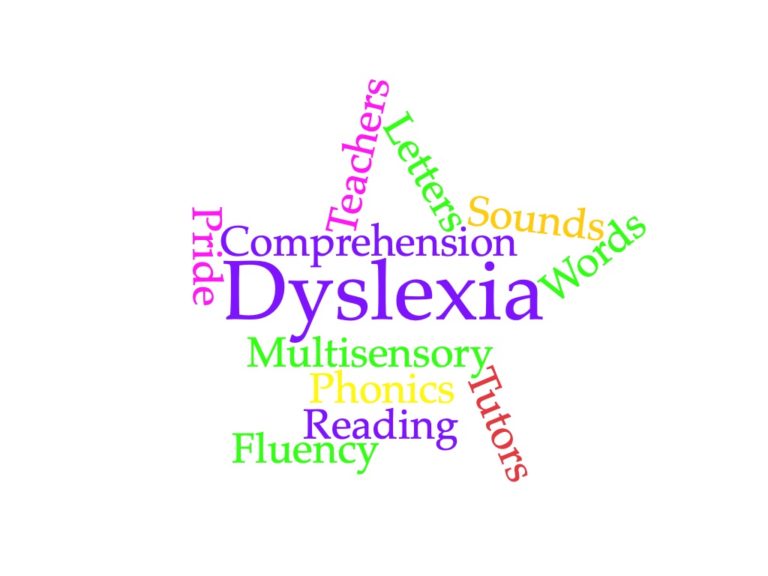Helping Your Child’s Separation Anxiety
Separation Anxiety is common, yet can be very frustrating and upsetting for children (and their parents). Oftentimes, children have difficulties separating, and can experience panic in these situations. They may feel sick, and feel worried or guilty about not being with their families. Often children wonder what their parents or loved ones are doing and whether something terrible has happened to them, like death, a car accident, or a shooting. As a result, they have great reluctance or refusal to separate from their parents. They may have difficulty sleeping in their own room or different parts of the house. When they come home from school or camp, they may be irritable, tired, and upset, as it takes a lot of energy to hold that level of stress/anxiety in all day. Oftentimes, a loved one will make a simple request, and then the child will yell, cry, or tantrum.
![]()












